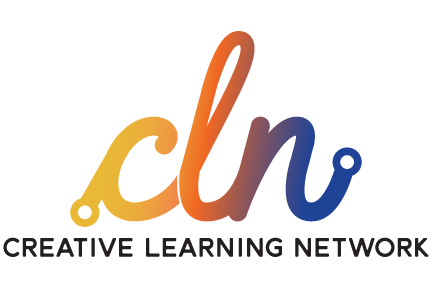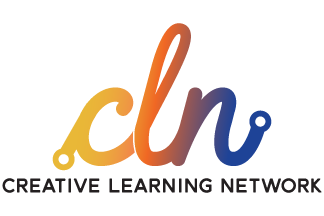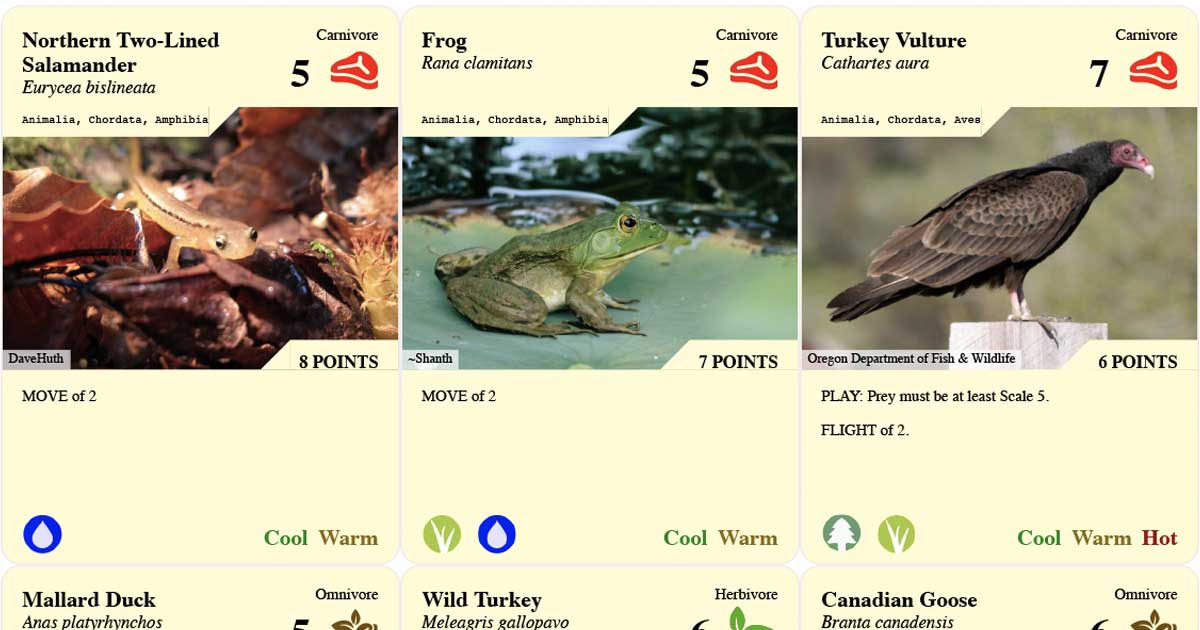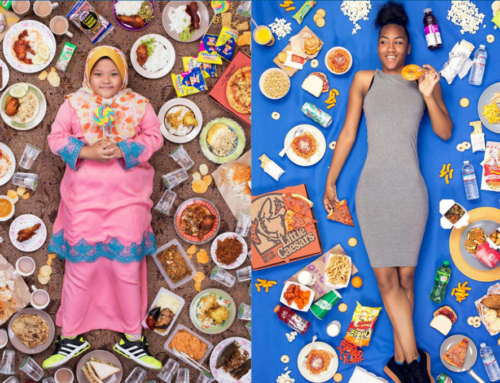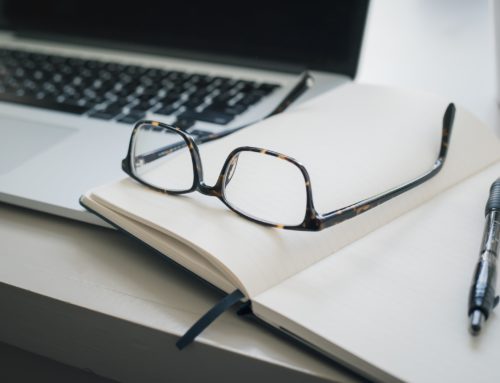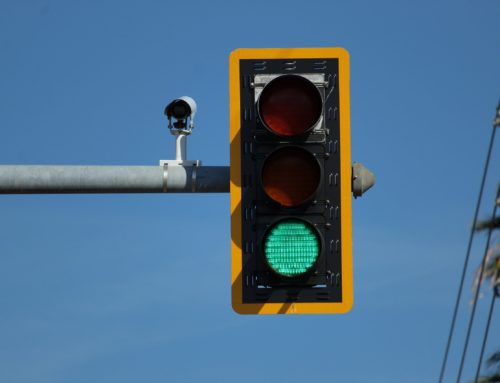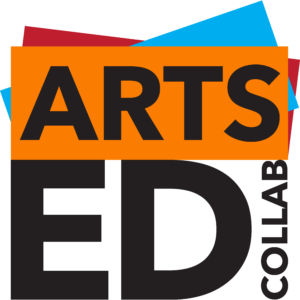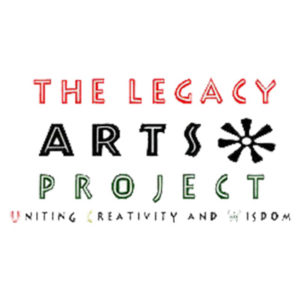Goals
Know and demonstrate how arts can communicate experiences, stories or emotions through the production of works in the arts.
Choose from a range of materials and methods of traditional and contemporary artistic practices to plan works of art and design.
Incorporate the effective and safe use of materials, equipment and tools into the production of works in the arts at work and performance spaces.
Analyze works of arts influenced by experiences or historical and cultural events through production, performance or exhibition.
In this blog post, students will learn how to make their own card game and how games can be used to share knowledge and experiences with others. Focusing specifically on climate change, students can download a printable version of a card game called Phylo: Western PA Edition. By playing the game, students can learn about the various flora and fauna of Western Pennsylvania, as well as experience firsthand how the ecosystem is affected by human intervention. For the second part of the blog post, students can also make their own version of Phylo.
Here is a link to a website where students can make their own card designs, which they can download and print to make their very own version of the Phylo card game.
Materials Needed
A computer
A color printer
About 20 sheets of 8.5 x 11 card stock
Scissors or paper cutter
About the creator
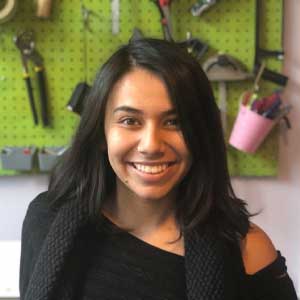
Giselle Jhunjhnuwala
Giselle is an artist, self-taught programmer, and Outreachy alumna. They like to explore the intersections of art, science, and technology, and have been exclusively using free software in their practice for several years. They have worked in technology and at an import/export multinational company, which enabled them to travel back and forth between China and the US. They are a member of the Pittsburgh Restore the Fourth chapter, The Big Idea (a collectively run bookstore), and the Stranger Company Art Collective. In their spare time, they volunteer for various free software projects such as Mediawiki, host and participate in educational popups and events and write songs about PGP. They have exhibited at a number of private and state galleries in China, as well as in the US.
